Shaping the Future
of Energy and AI
Explore the challenges and opportunities of energy transition through cutting-edge research, thought leadership, and innovative solutions.
Smart markets, flexible demand, and AI are the pillars of a resilient renewable grid. They drive progress across four key areas of application: the future of mobility, next-generation energy systems, grid balancing through storage, and the evolving landscape of policy and markets. Together, they shape a smarter, more sustainable energy future.
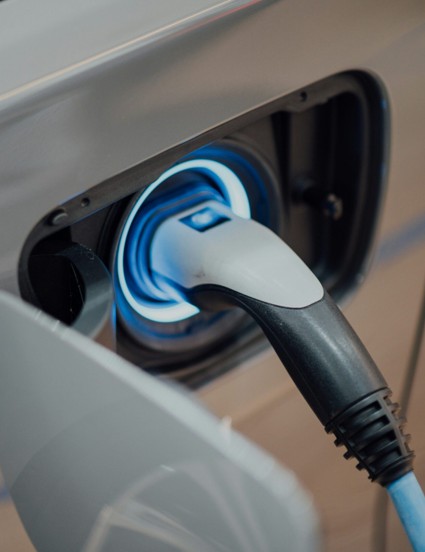
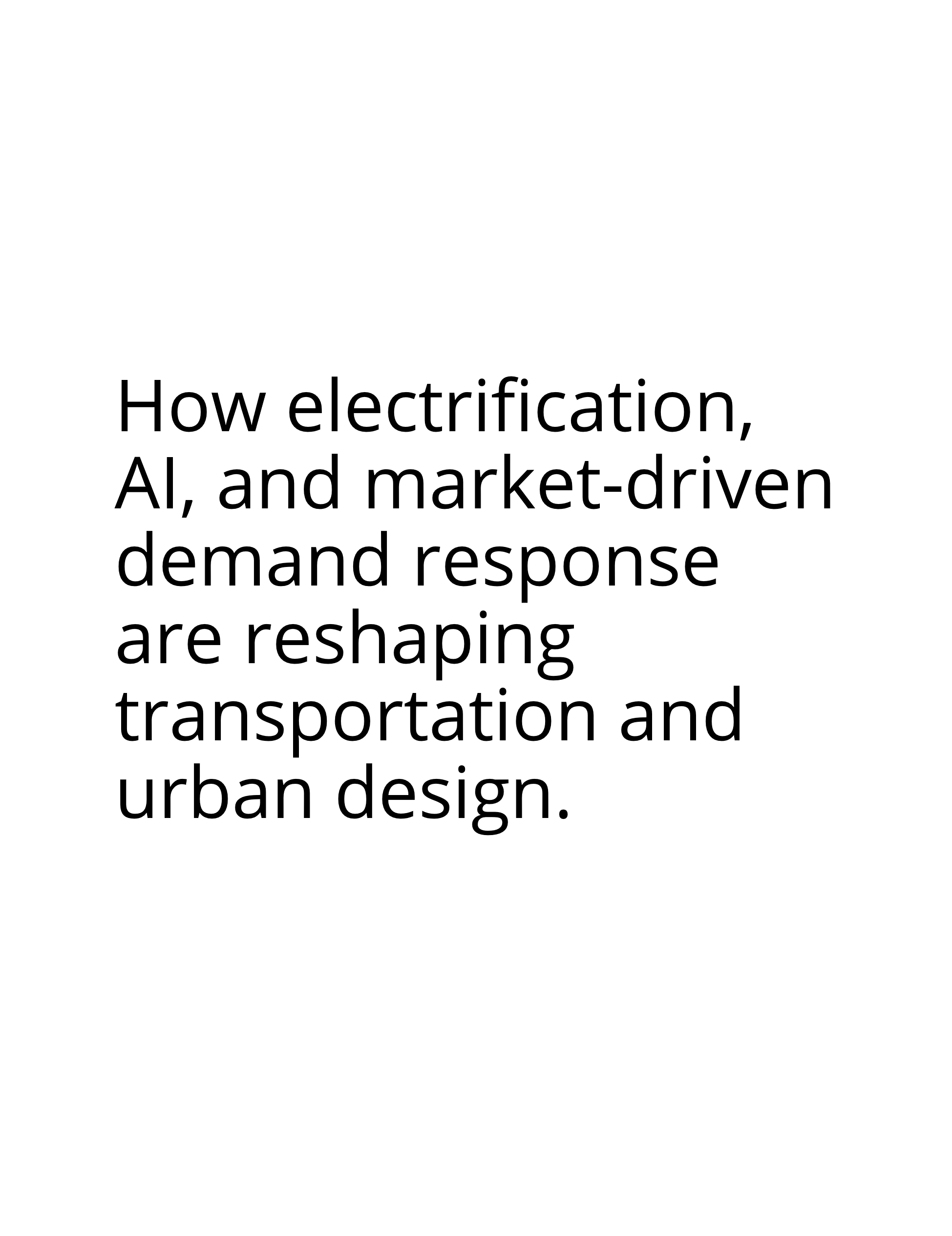
Future
of mobility
Electrification and AI are revolutionizing mobility, but the transition isn’t just about technology—it’s about intelligent charging, smart market design, and real-time incentives. Our research explores how AI-driven charging optimization, dynamic pricing, and shared electrified fleets can reduce congestion, emissions, and inefficiencies. From vehicle-to-grid (V2G) integration to demand-aware charging networks, discover how adaptive, energy-aware transportation systems are shaping a cleaner, more connected future.
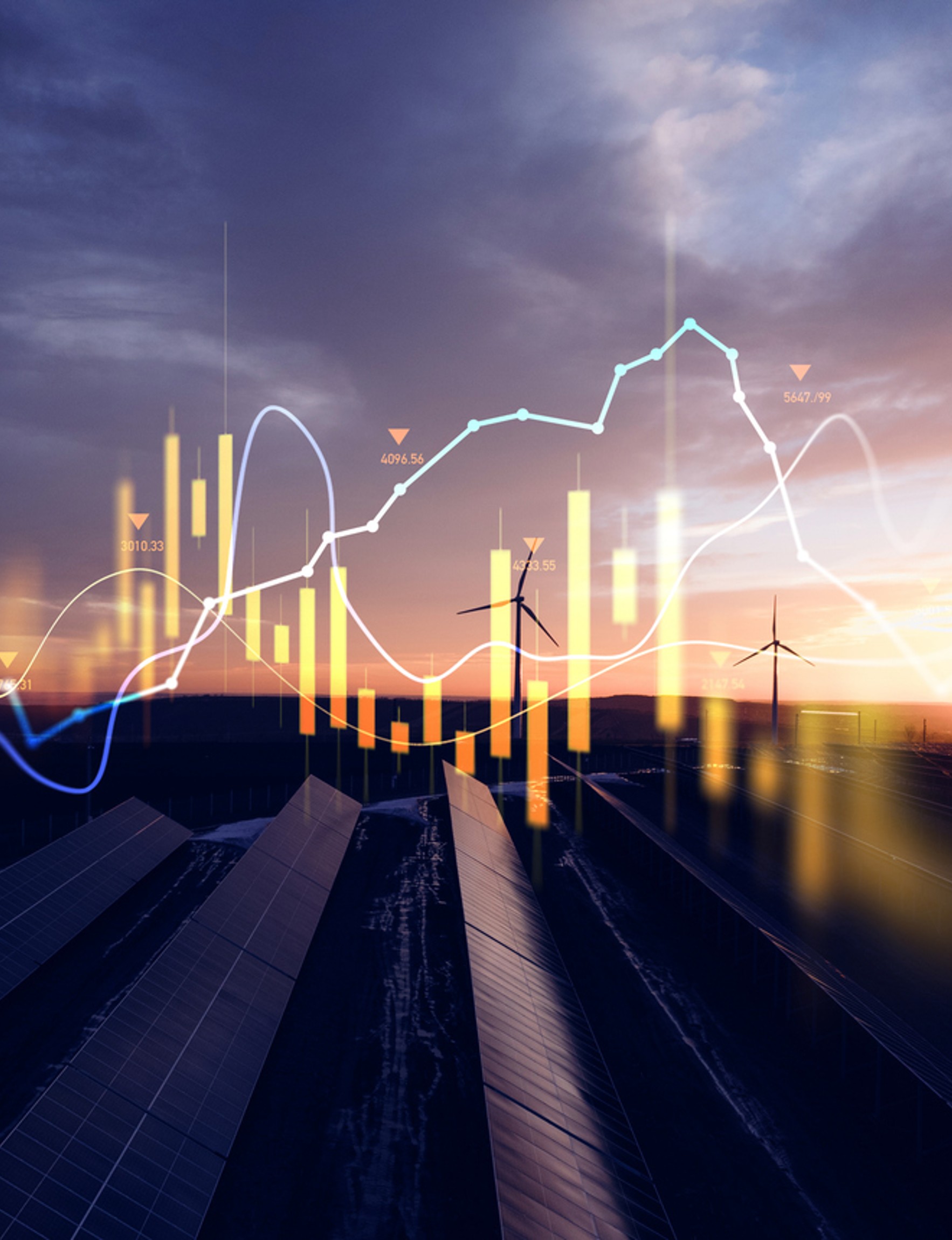
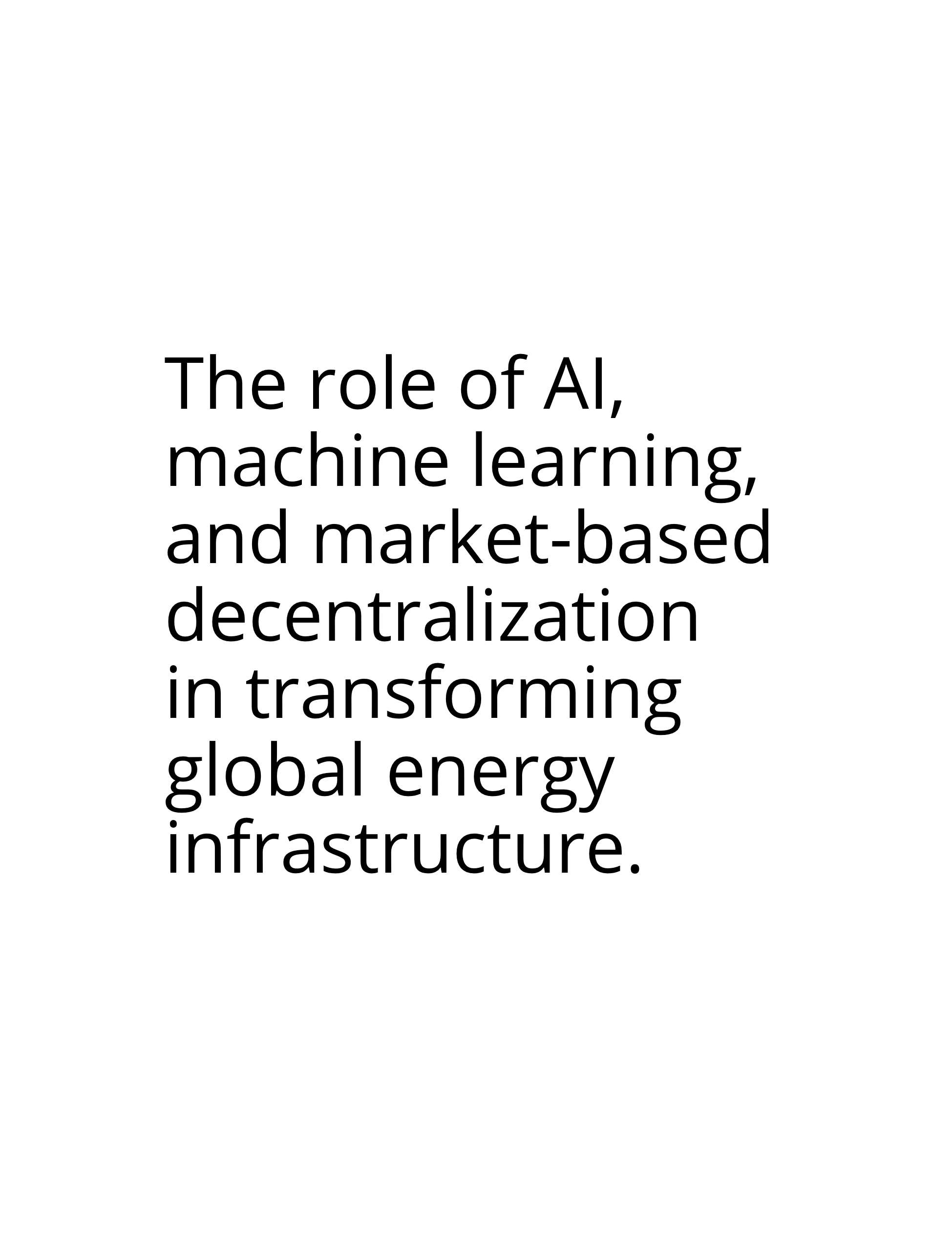
Next-generation energy systems
AI and machine learning are redefining how energy systems anticipate, adapt, and optimize in real time. From forecasting energy price dynamics to enhancing decentralized grid efficiency, our research demonstrates how intelligent trading and automation make energy markets more resilient, profitable, and adaptive. Explore how digital platforms and AI-powered decision-making are shaping the energy economy of the future.
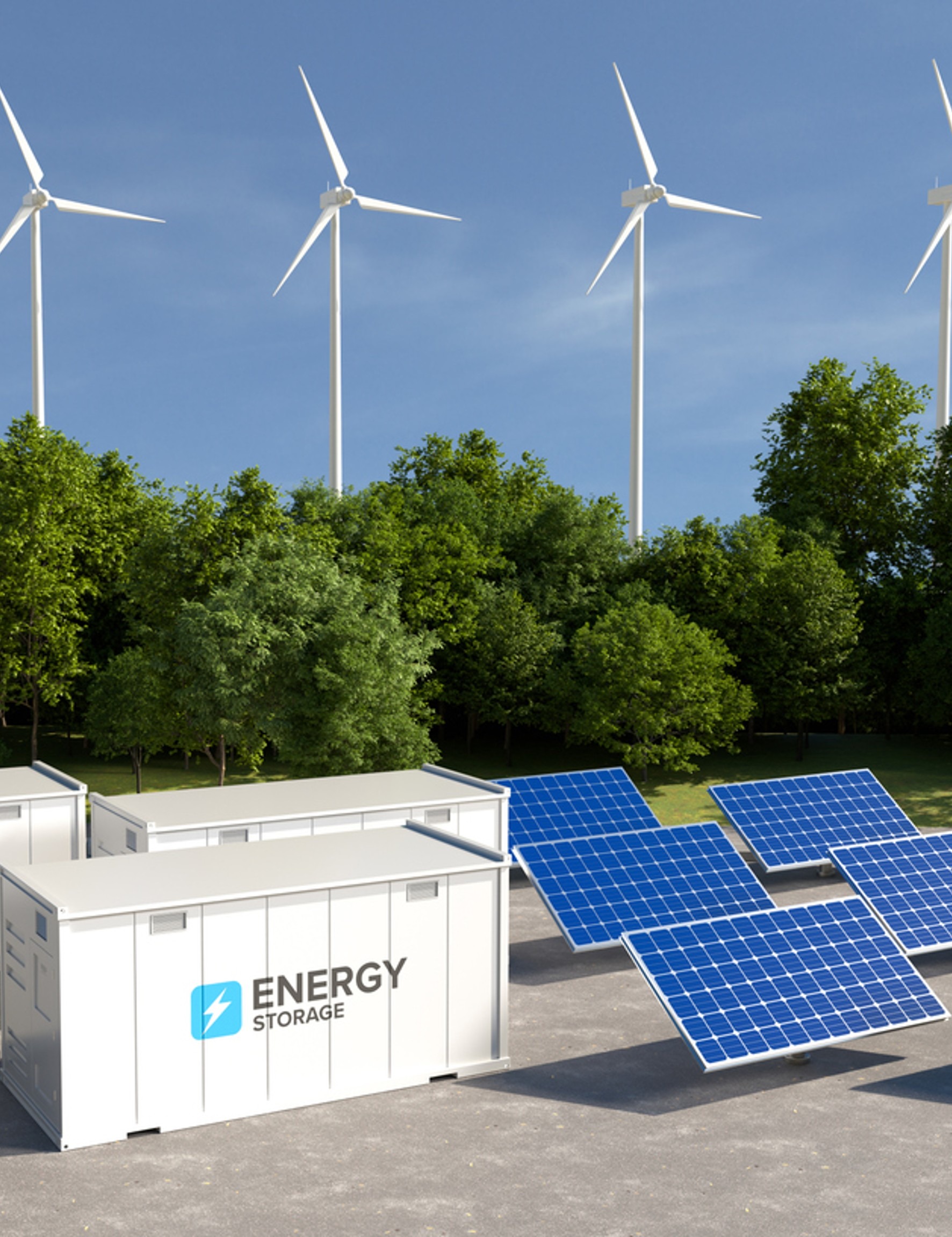
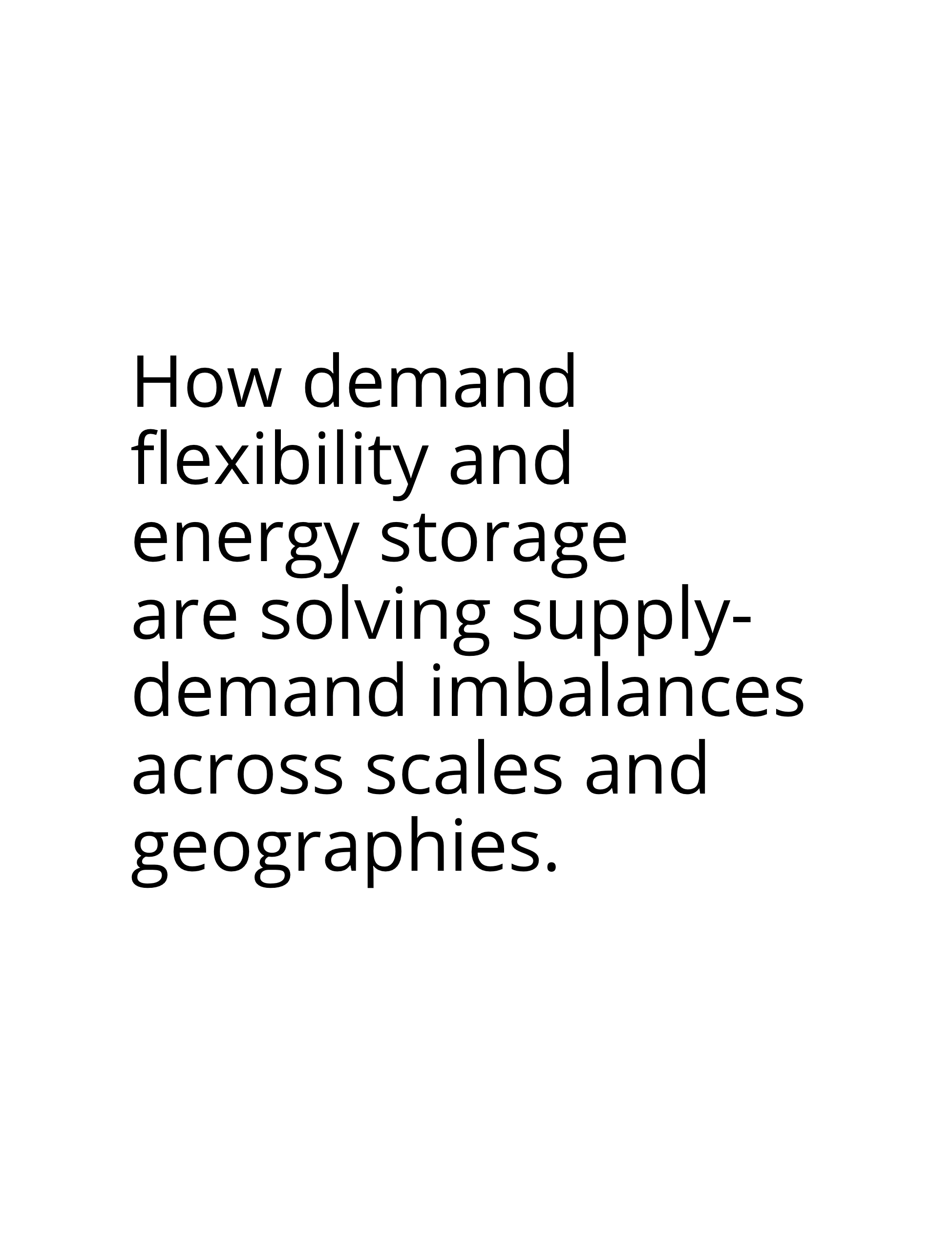
Grid balancing through storage
Energy storage isn’t just about batteries, it’s about real-time flexibility. Our research examines how vehicle-to-grid integration, price-responsive demand, and virtual power plants (VPPs) can balance energy markets, reducing the need for physical storage. From hydrogen and thermal storage to AI-driven demand-side participation, we explore how decentralized flexibility can unlock the full potential of renewable energy.

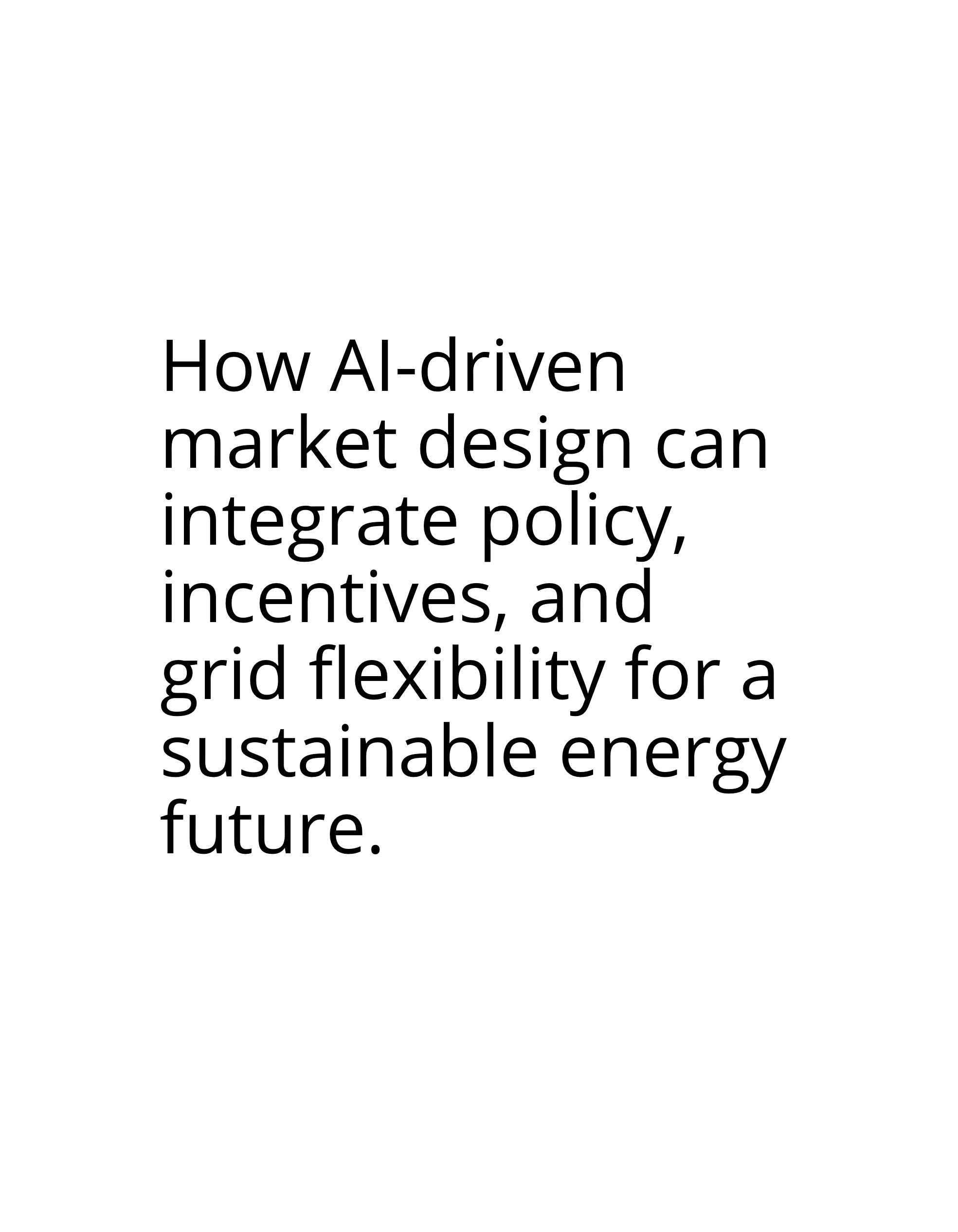
Policy and markets
Smart energy markets require more than just regulations—they need automation and real-time adaptability. Our research explores how AI-driven trading, dynamic pricing, and market-based demand flexibility can optimize efficiency and grid stability. From cross-border energy coordination to carbon pricing and decentralized energy trading, we analyze how policy frameworks must evolve to enable an AI-optimized, market-responsive energy economy.